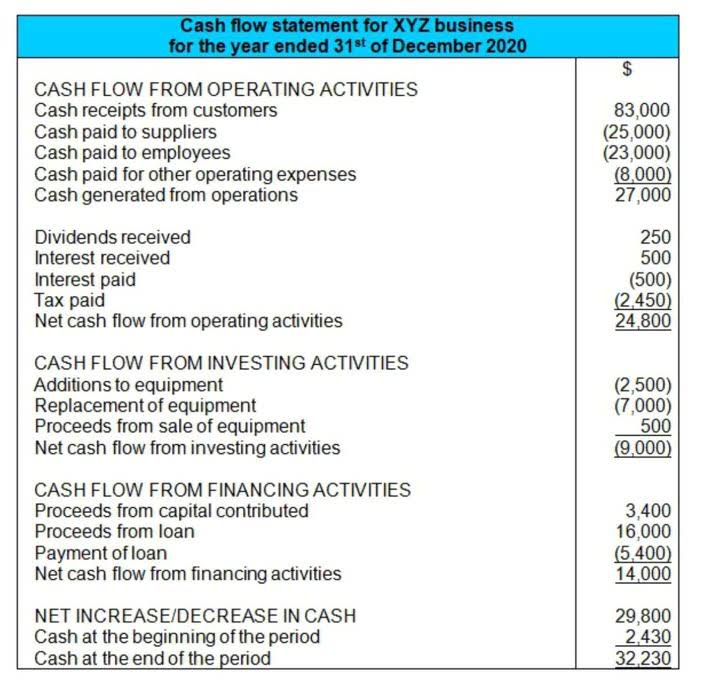Difference Between Bookkeeping and Accounting

Accounting goes a step further by analyzing, interpreting, summarizing, and reporting the financial data collected by bookkeeping. Accounting turns data into valuable insights, providing forecasts for future business growth, identifying market trends, and supporting strategic planning. Determining whether your small business needs a bookkeeper or an accountant depends on your current financial requirements as well as the complexity of your financial operations. Bookkeepers sometimes do accounting tasks, such as generating financial reports from the accounting software, making journal entries for depreciation and accrued expenses, and more. By recording financial transactions, bookkeepers track your finances so you can view at a glance how much money is entering and leaving your business.

Ultimate Guide to Working with Virtual Bookkeeper
These reports are derived from the accurate and organized financial data recorded in the books. By preparing these reports, bookkeepers contribute to the overall accounting process by providing the necessary information for accountants to analyze and interpret the business’s financial performance. The primary responsibilities of a bookkeeper and an accountant differ in terms of their scope and level of analysis within the financial management process of an organization. While both roles are crucial for maintaining accurate financial records, their specific duties vary based on the complexity of tasks and the depth of financial analysis involved.

Role Of Accounting In Business
- A bookkeeper must be able to shift focus easily and catch tiny, hidden mistakes in a budget or invoice.
- The regulations include filing accurate tax returns for individuals and businesses, understanding deductions and credits, and complying with tax deadlines.
- When businesses adopt accounting software or other financial tools, hiring professionals proficient in using these technologies becomes beneficial.
- Tasks typically include managing the general ledger, processing payroll, and keeping track of all incoming and outgoing payments.
- Accountants stay updated on changing rules and help businesses avoid penalties and legal issues.
If you own a small businesses, you know the unique set of challenges and opportunities you face. In the U.S., an enrolled agent (EA) is a tax preparer authorized by the IRS to represent taxpayers. To become an EA, they have to pass a 3-part comprehensive exam covering individual and business tax returns or have experience working for the IRS. Here’s a quick summary of notable differences (and a few similarities) between bookkeeping and accounting. There are several ways to learn the basic accounting skills and terminology required for business, including online resources, classes, and … At Bench, we understand the complexities of starting and running a business and that blending personal and business finances is sometimes inevitable even if it’s not in line with your business structure.
- Continuous learning and adapting to technological advancements are key to career progression in these fields.
- Since accountants use the information gathered by bookkeepers to prepare larger financial statements and reports, the accounting process wouldn’t be possible without the help of bookkeepers.
- Yes, in some smaller businesses, one individual might handle both roles due to budget constraints.
- By taking the time to assess your requirements and consult with professionals, you can make an informed decision that supports your business’s success.
Flexible Work that Works: Revolutionizing Tax and Bookkeeping Careers with Intuit

For a long-term career, accounting offers much more upward mobility and income potential. The education required to be competitive in the field is greater, but the payoff down the road can be considerably higher. It is not an unusual career move for a bookkeeper to gain experience at a job, bookkeeping services study, get certified, and work as an accountant.
Manage day-to-day transactions
Typically, a bookkeeper is needed from the very start of your business or when the volume of bookkeeping tasks exceeds your capacity to manage them effectively. The decision to hire a bookkeeper or an accountant generally depends on the complexity and volume of your financial transactions, as well as your business needs. Andrew Gosselin is a CPA, a former consultant at Pwc, a Big Four financial services firm, and a senior editor at The Calculator Site. He holds degrees in accounting and finance from Bentley University and has extensive experience in bookkeeping and accounting.
Does A Bookkeeper Need More Accounting Skills Than An Accountant?
They look at all of the financial details of a company so they can make larger decisions about how the business operates. Going beyond basic bookkeeping, accountants possess advanced skills in analyzing, interpreting, and communicating financial information, crucial for informed business decision-making. Both bookkeeping and accounting are crucial HVAC Bookkeeping for managing finances but involve different tasks and serve distinct purposes.
How To Choose Between a Bookkeeper and an Accountant

Yes, in some smaller businesses, one individual might handle both roles due to budget constraints. However, as the business grows, it’s more common to have separate professionals for each role due to the increasing complexity and specialization required. A professional accountant must ace the CPA exam and meet specific education and experience requirements for certification and employment in a public accounting firm. Similar to bookkeepers, salary figures and benefits of an accountant can vary based on location, the specific company or industry, and an individual’s experience level and qualifications. Here’s a simplified comparison table highlighting the key differences between bookkeepers’ and accountants’ work.
When to Hire an Accountant
They prepare financial statements like balance sheets, income statements, recording transactions and cash flow statements. Accountants also generate reports for budgeting, forecasting, and complying with financial regulations. These documents offer insights into the company’s overall financial health and aid in strategic planning.